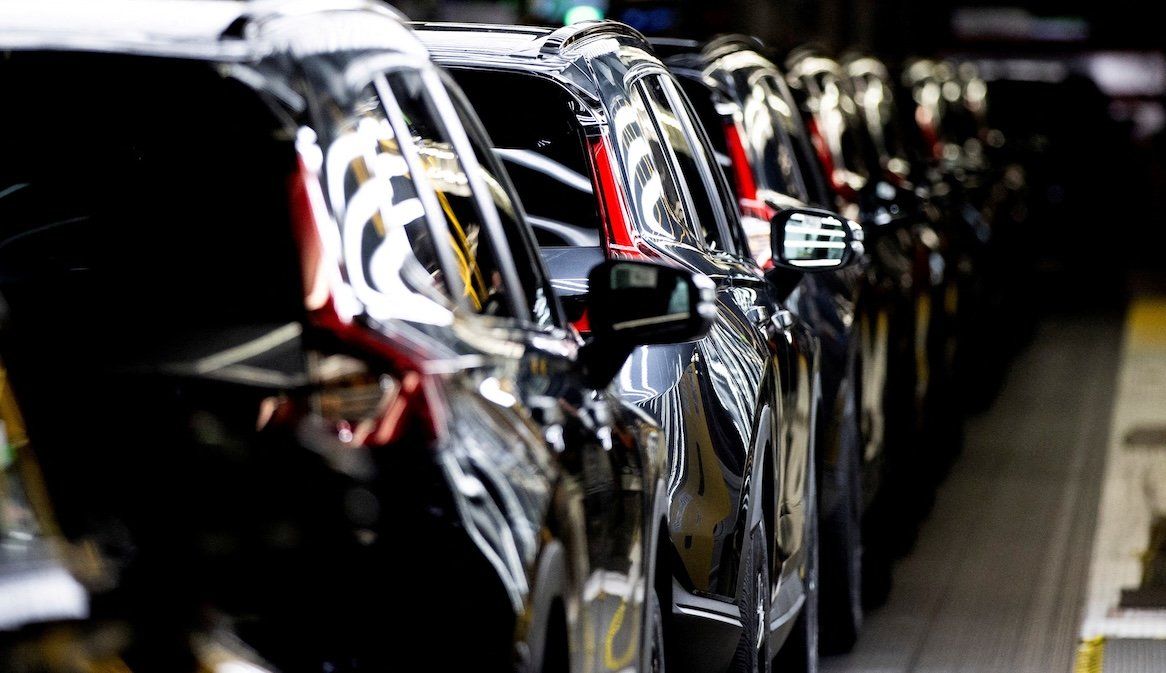US President Donald Trump gave America’s Big Three automakers a one-month tariff reprieve but expects them to use the time to shift production from Canada and Mexico to the United States. White House Press Secretary Karoline Leavitt announced the temporary exemption Wednesday after Trump held a call with the CEOs of Stellantis, Ford, and GM, at their request. Levitt also made it clear that, as of April 2, reciprocal tariffs will go into effect worldwide.
What are they? In a nutshell, Trump will slap tariffs on other countries that match the tariffs those countries place on the US.
Which countries would be most affected? India, Argentina, South Korea, and Brazil had the highest tariff regimes as of 2023. India recently cut levies on many US imports, including motorcycles, but still has tariffs on imported cars of up to 110%, leaving small exporters demanding further reductions from Delhi. Argentinian President Javier Milei recently praised Trump’s plan for reciprocal tariffs and said he wants to pursue a reciprocal trade pact, even if it means leaving the Mercosur trade pact with neighboring South American countries.
Will Trump reverse course? It’s possible but unlikely. Trump has long been a believer in tariffs. In his address to Congress on Tuesday evening, he said “Tariffs are not just about protecting American jobs. They’re about protecting the soul of our country.”